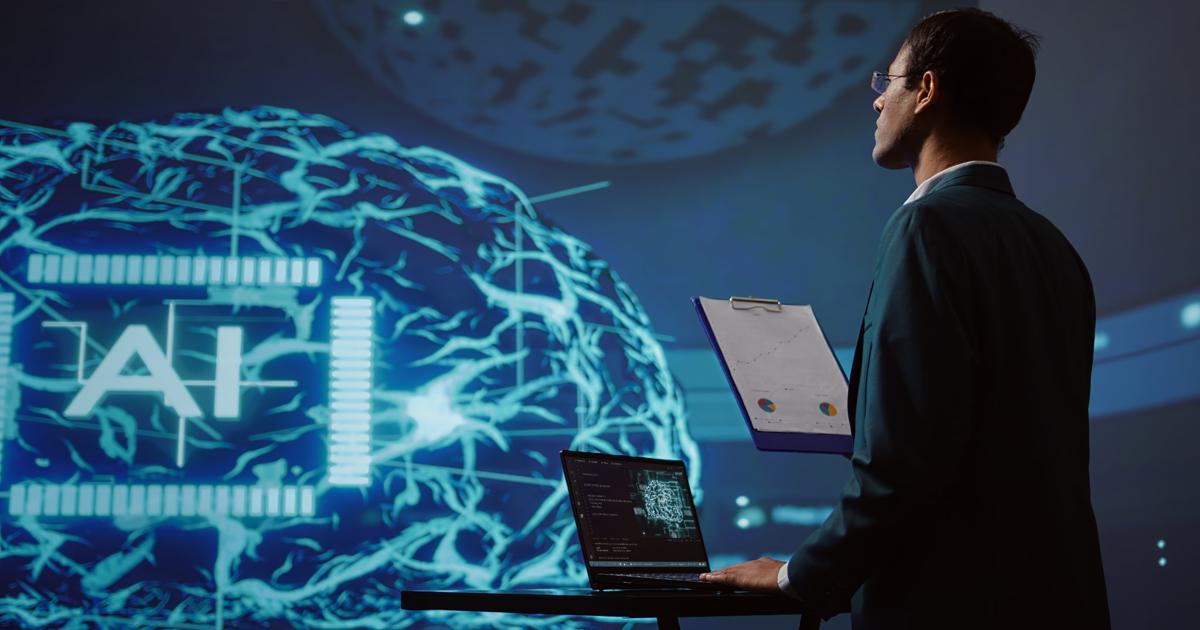Thursday, October 17th 2024
How AI and Automation Are Transforming HR: From Insights to Employee Experience

Use Cases of AI and Automation in HR
1.) Generating Employee Insights
One of the most impactful applications of AI in HR is the ability to generate deep employee insights. AI-driven analytics tools can sift through large volumes of employee data to identify trends and patterns that might otherwise go unnoticed. For example, by analyzing engagement data, AI can reveal underlying factors contributing to employee turnover, helping HR professionals take proactive steps to address issues before they escalate. Machine learning models can even predict which employees are at risk of leaving the organization, enabling early interventions like retention strategies. This data-driven approach empowers HR teams to make informed decisions rather than relying on gut instincts. Not only does this enhance the overall employee experience, but it also helps organizations reduce costs associated with high turnover rates.
2.) Gathering Employee Feedback
AI-powered tools are also revolutionizing how HR collects and analyzes employee feedback. Traditional methods, such as annual surveys, often fail to capture real-time employee sentiments and can miss critical shifts in workplace dynamics. AI can analyze employee feedback from multiple channels, including pulse surveys, emails, and chat logs, and generate real-time insights into employee engagement, morale, and satisfaction. Tools like natural language processing (NLP) can interpret the tone of feedback and detect potential problems, such as declining team morale or dissatisfaction with company policies. The insights gained from these tools allow HR to quickly address issues, making feedback a continuous and actionable part of the employee experience. Moreover, by automating the collection and analysis of feedback, HR teams save time and resources while gaining a more comprehensive understanding of their workforce.
3.) Creating and Tracking HR Programs
AI and automation are also playing a pivotal role in the creation, management, and tracking of HR programs, including training, performance management, and onboarding. AI tools can help personalize training programs by assessing employee skills and recommending relevant learning paths, making training more effective and tailored to individual needs. Automation can handle much of the administrative work, such as scheduling training sessions, sending reminders, and tracking progress. When it comes to performance management, AI can assist by analyzing employee performance data to offer actionable feedback, helping HR and managers make informed decisions about promotions, raises, and career development opportunities. Automated systems can also ensure HR programs are compliant with regulations, helping avoid potential legal issues.
The Growing Workload and HR’s Headcount Challenge
Despite these technological advancements, HR teams are facing a challenging reality: demand for HR services is increasing, but HR headcounts are not growing at the same pace. In a 2023 report from the HR Research Institute, 65% of HR professionals stated that the workload had increased significantly over the past three years, but only 35% reported an increase in headcount to manage this workload. This creates an unsustainable situation where HR teams are expected to do more with less.
However, the productivity boost that AI and automation offer is helping HR professionals bridge this gap. According to Deloitte’s Global Human Capital Trends report, 72% of HR executives believe that AI will lead to significant productivity increases in their organizations. By automating time-consuming tasks, HR teams can allocate more time to higher-value activities such as strategy, employee development, and culture building.
Improving the Employee Experience Through AI
The real value of AI and automation in HR lies not just in efficiency but in improving the overall employee experience. By automating administrative tasks and generating rich data insights, HR professionals can focus more on initiatives that directly impact employee well-being. For instance, personalized career development programs, based on AI-driven insights, can boost employee engagement and satisfaction. Similarly, real-time feedback tools ensure that HR teams can quickly respond to employee concerns, fostering a more responsive and supportive workplace environment.
Additionally, AI can be used to enhance the diversity and inclusion efforts within organizations. AI-driven recruiting tools can help eliminate bias in the hiring process by focusing on candidate qualifications rather than demographic factors, creating a more equitable hiring process. This not only improves the quality of hires but also supports a more inclusive company culture.
AI as an Empowering Tool, Not a Threat
While there are concerns that automation could lead to job losses in HR, the reality is that AI and automation are enabling HR professionals to take on more strategic and impactful roles. Rather than replacing HR jobs, these technologies are augmenting the role of HR by handling routine tasks, allowing HR professionals to focus on human-centric activities that technology cannot replicate.
Furthermore, organizations that integrate AI successfully into their HR operations can improve their employee engagement, retention, and productivity. HR professionals who embrace these tools will be in a better position to deliver value to their organizations by driving positive change and enhancing the employee experience.
Conclusion
AI and automation are transforming how HR professionals work, from generating employee insights to automating feedback collection and improving HR program management. As HR teams face increasing demands with limited headcount, these technologies offer a much-needed productivity boost. More importantly, they enable HR to focus on enhancing the employee experience, ensuring that employees feel heard, supported, and valued in their organizations. The future of HR is not about choosing between technology and human interaction—it’s about leveraging AI to enhance the human elements of HR, creating a more effective and fulfilling workplace for all.
Recent blog posts

